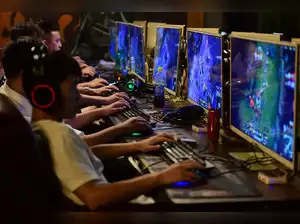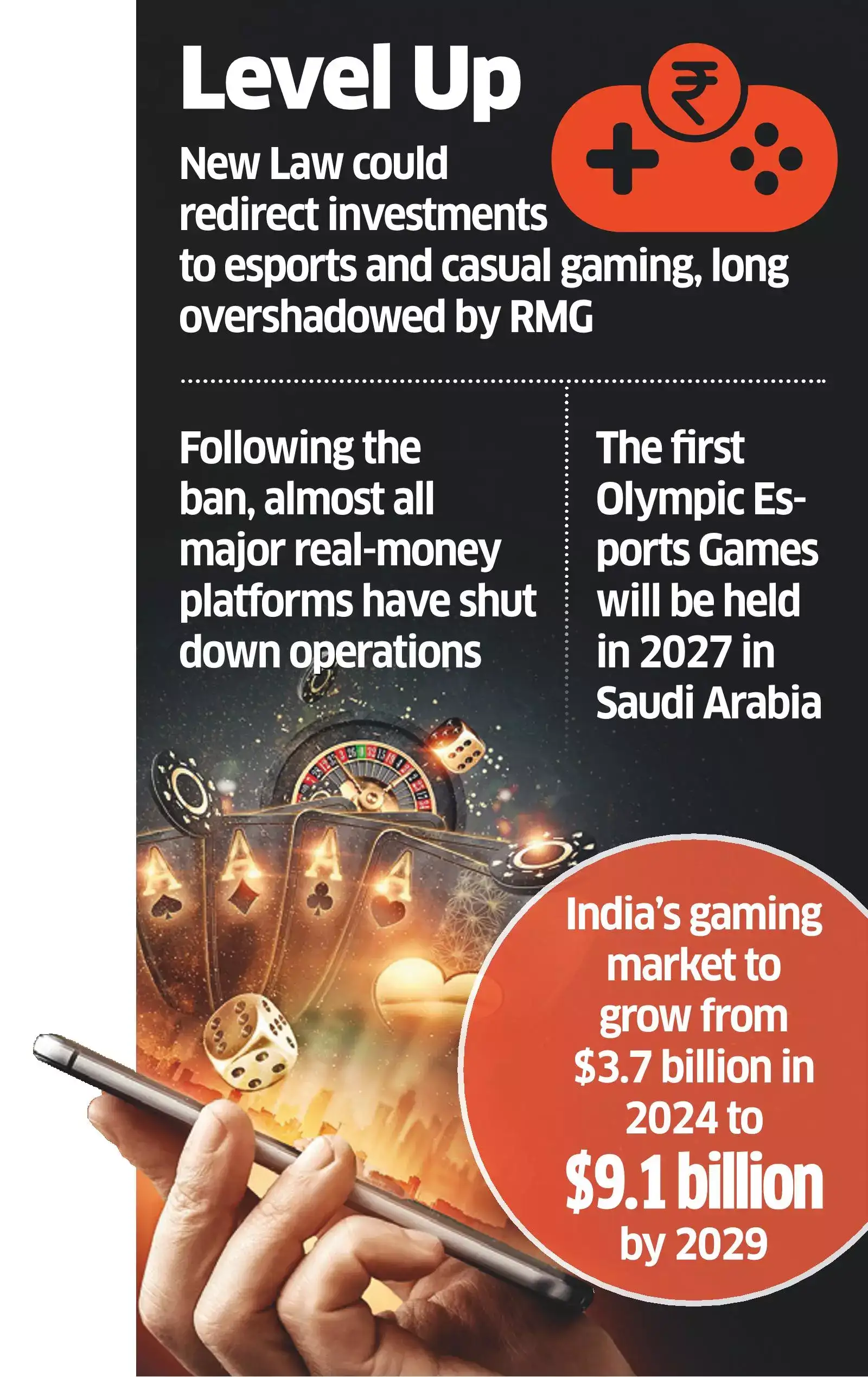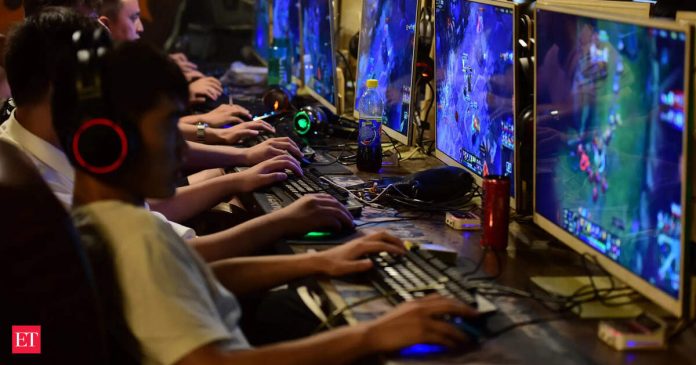Synopsis
The Promotion and Regulation of Online Gaming Act, 2025, is expected to boost esports and casual gaming in India by providing regulatory clarity. This shift could redirect investments from real-money gaming, which faces bans, towards these emerging sectors. Industry leaders envision India becoming a global hub for game development and esports talent, potentially leading to Olympic success.
 Reuters
ReutersMumbai: The Promotion and Regulation of Online Gaming Act, 2025, is set to provide long-awaited regulatory clarity for esports and casual gaming, a move industry executives say could redirect investments and strengthen an ecosystem long overshadowed by real-money gaming (RMG). “Until now, most foreign investments flowed into real money gaming because the financial returns were stronger. With the government’s focus shifting to social gaming and esports, capital will now move into casual games and esports. That gives us a great deal of confidence,” said Rajan Navani, founder and CEO of JetSynthesys, a major player in both these segments.
He noted that the law has provided much-needed clarity by clearly separating RMG from casual video gaming and esports. “It sets out what the government intends to promote and what it wants to phase out. That distinction is the biggest positive outcome,” he said.
Following the ban on RMG, almost all major real-money gaming platforms have shut down operations.
Dream11, MPL, Zupee, Games24x7 (My11Circle and RummyCircle), Gameskraft (RummyCulture), Probo, WinZO, Nazara’s Moonshine Technologies, Rush, and Head Digital Works (Adda52 and A23) have either suspended, or completely wound up their money-based games.

Much of the initial discussion after the passage of the bill has centred on the ban on RMG and its impact on jobs and investment.
Industry leaders say the focus will now shift to new growth frontiers like esports and casual games.
“Few people are talking about what the government has chosen to promote through this law. Our vision has always been that casual gaming serves as a funnel into esports, where players evolve into athletes who may one day win medals for the country,” Navani said.
The first Olympic Esports Games will be held in 2027 in Riyadh, Saudi Arabia, marking the debut of esports under the Olympic banner.
Rajesh Sethi, partner and leader-media, entertainment and sports at PwC India, said Indian companies should aspire to position themselves as global game developers, much like how some of the countries have built leadership in esports and casual gaming. “We not only have the talent and creativity but also a robust tech stack that can support world-class game development,” he said. “With the right mix of innovation and regulatory clarity, India can move beyond being just a large consumption market to becoming a creator hub for the world.”
